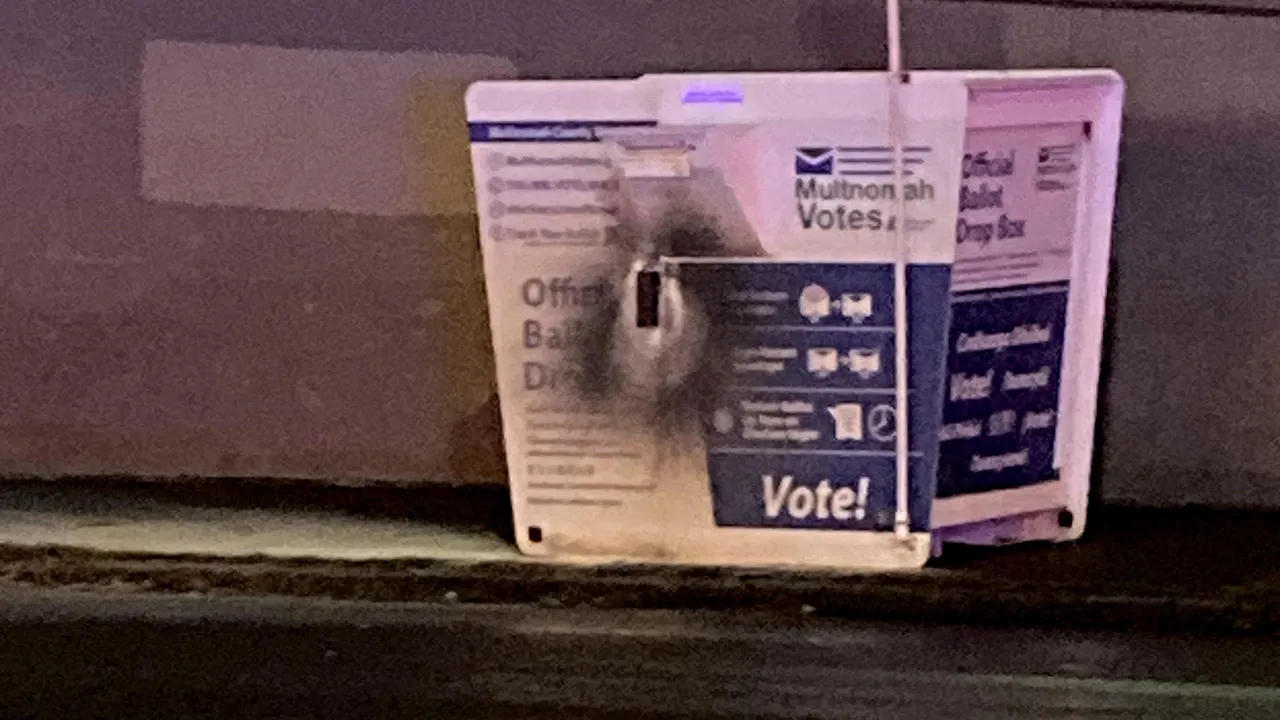Protesters returned to the streets of Kenya on Thursday, some of them demanding the resignation of President William Ruto, despite his announcement a day earlier that he was abandoning a tax bill that drew large-scale demonstrations in which nearly two dozen people were killed.
The crowds in Nairobi, the capital, were much smaller than those on Tuesday, when tens of thousands of protesters flooded into the city center as lawmakers debated and then passed the contentious legislation. That demonstration turned violent as people stormed the building and set parts of it ablaze, and rights groups say that at least 23 people were killed and over 300 others injured as the police used tear gas and bullets against them.
On Thursday, a heavy police and military presence was visible across the capital, with officers in cars and trucks and on horseback guarding the roads leading to Parliament, the president’s official residence and several downtown streets. Much of the central business district remained closed as police officers chased and tear-gassed smaller crowds waving white roses.
Some activists and opposition political leaders had urged demonstrators not to march toward the president’s official residence in Nairobi on Thursday for fear of more bloodshed. But others said the killings, shootings and abductions of those opposing the tax increases in recent days — which activists said were some of the bloodiest days in Kenya’s recent history — would not deter them from pushing Mr. Ruto to resign.
“We will be in these streets until Ruto goes,” said John Kimani, 25, who was protesting in Nairobi. “No one can tell us otherwise.”
Until the president’s announcement on Wednesday that he would not sign the finance bill, Mr. Ruto had defended its measures as necessary for raising revenue and staving off debt default for a country whose government owes billions of dollars to its creditors.
As demonstrators gathered on Tuesday for what they dubbed “Occupy Parliament” and some breached the legislative building, Mr. Ruto called their activities “treasonous” and said he would deploy the military to support the police in quelling the protests.
That decision to send in the armed forces has been called unconstitutional, and the Law Society of Kenya is suing to end it.
“The president has not respected the general will of the people,” said Jimmy Magero, a protester in Kisumu, an opposition stronghold city along Lake Victoria. “He cannot rule over us by force if we say enough is enough.”
The youth-led protests in Kenya began last week, with opponents arguing that the bill would drastically escalate the cost of living. Even when Mr. Ruto’s governing coalition removed some of the proposed new taxes, many activists and Parliament’s opposition lawmakers rejected the bill.
The government spokesman, Isaac Mwaura, called on Kenyans to stop marching in the streets on Thursday. “Let’s not aid those who don’t wish our country well by staging protests to destabilize us,” he said in a statement. “Kenya is the only country that we have.”
But many were not deterred.
In Kisumu, dozens of protesters tried to reach the president’s residence but were rebuffed by the police. Most shops in central Kisumu were closed as traffic ground to a halt and the police put up barricades to prevent demonstrators from gaining access to some main streets.
Similar protests broke out in the port city of Mombasa, where demonstrators chanted, “Ruto must go.” Protesters also blocked the Migori-Kisii highway in the country’s west, burning tires and throwing stones at the police.
About 50 young Kenyans had been abducted by Wednesday, according to the Law Society of Kenya, an umbrella organization for the country’s lawyers. By Thursday, some of those abducted had been released by law enforcement officials, but several others have gone missing, said the Law Society president, Faith Odhiambo.
The country’s deputy president, Rigathi Gachagua, has blamed the spiral of violence on the National Intelligence Service. He said on Wednesday evening that the agency did not properly brief the president on the anger on the streets, and called on its director, Noordin Haji, to resign.
But observers said the ongoing protests stemmed from public anger that has been mounting against Mr. Ruto since he took office in 2022.
Despite his campaigning on a platform to alleviate the challenges facing the poor, Mr. Ruto’s government has increased taxes, scrapped subsidies and raised electricity costs. He has also introduced several taxes on salaries that the courts have either suspended or deemed unconstitutional.
After Mr. Ruto withdrew the bill on Wednesday, the I.M.F. said it was “committed to working together with Kenya to chart a course towards robust, sustainable and inclusive growth.”
Still, protesters in Kenya found another supporter in their anger toward the I.M.F.: Representative Ilhan Omar of Minnesota. The Congresswoman said on Wednesday that the I.M.F.’s recommended “austerity conditions have contributed to the economic hardships facing Kenyan citizens.”
She added: “These measures often disproportionately affect the most vulnerable populations.”
Odera Wycliffe contributed reporting from Kisumu, and Mohamed Ahmed from Mombasa.






